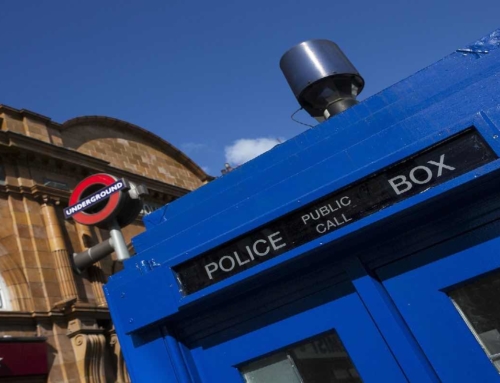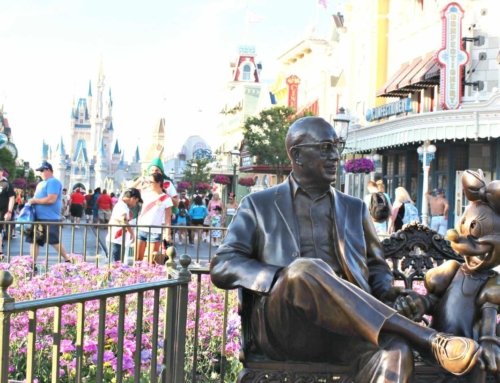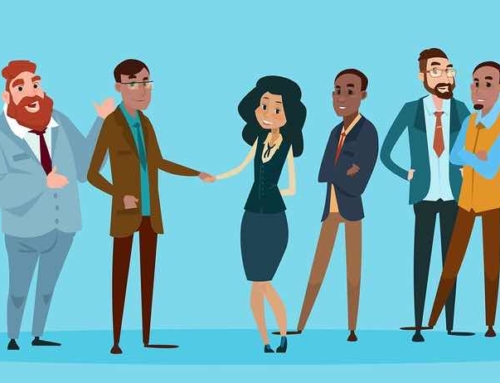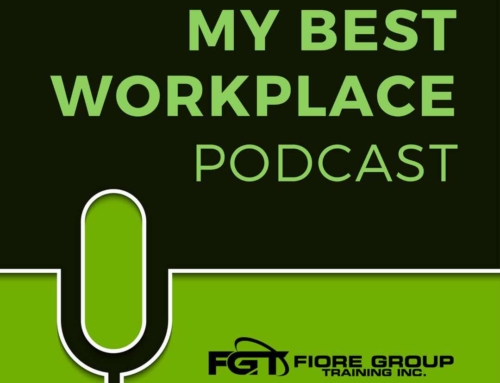David Berner Interviews Phil Eastwood on the Art of Listening
Last week, I had the opportunity of being on The David Berner Show, a Shaw TV which is broadcast five times each week in Vancouver on Shaw Community Channel 4.
You can watch the interview here:
The topic was the release of my autobiographical book – Handcuffs to Handshakes: Leadership lessons from more than 30 years of handling humans.
The interview experience was so much more than that, and I found myself connected to David in ways that I had not have imagined prior to the interview.
We chatted about a wide range of issues that I knew he had an interest in and which were also relevant to my experience in law enforcement, not just local issues but also internationally.
We talked about ‘communication’ – a passion of mine.
Question: Have you ever found yourself not really ‘listening’ someone else, but merely waiting for them to stop talking so that we can say what you want say? What a disservice we do to the opportunity to build a relationship with them!
David had taken the time to read the book and had found a quote that resonated with him. He read it at the beginning of the second part of the interview and then asked me about its background.
It was a quote relevant to the story I tell in the book about the day when Diana, Princess of Wales (at the time) was to marry Prince Charles in London. It was likely one of the single best days of my entire policing career if simply because of the sheer joy that was expressed everywhere by millions of people.
On that day, I had been able to use something very valuable that had been taught to me by my Welsh field trainer, Taff.
It was all human beings desire the same four things in their lives:
- To be valuable
- To be capable
- To be important
- To be understood
Taff had told me during one of our foot-beat shifts together that when you dealt with an upset person, at least one of these desires was not being met, if not more. What we see is the result of that pain. My job as a police officer was to show sufficient empathy to the person, and find out what was wrong. Allowing a person to talk (and for you to listen) might be enough to help them.
Taff was absolutely right.
When you think about what we ALL want in all lives, you can boil it down to those four things.
Look around you at the moment. Is there someone that you can help?
Thank you for listening to me, David.







Leave A Comment